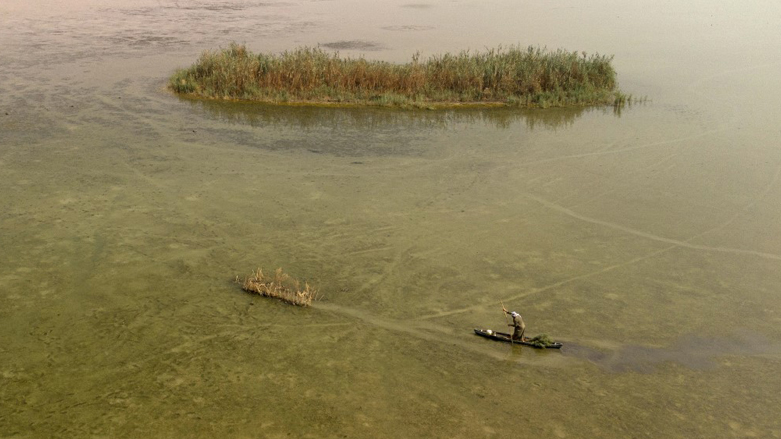KRG participates in Iraq’s international water conference
Approximately 90 percent of the reserves benefit the rest of Iraqi provinces, she said.

ERBIL (Kurdistan 24) – A Kurdistan Regional Government (KRG) delegation is participating in the third Baghdad International Water Conference on Saturday.
The KRG Minister of Agriculture and Water Resources, Begard Dlshad, is heading the delegation to present the Region’s perspective on water issues such as drought, that has negatively impacted Iraq in recent years, the minister told Kurdistan 24.
The United Nations is also participating in the conference along with representatives of neighboring countries, including Iran and Turkey.
“The KRG’s dam construction project aims to reduce the reliance on water flow from neighboring countries,” the minister told Kurdistan 24 and added that 30 percent of Iraq’s water reserves are in the Kurdish region.
Approximately 90 percent of the reserves benefit the rest of Iraqi provinces, she said.
In a speech delivered at the conference, Prime Minister Mohammed Shia’ Al-Sudani called for an “international intervention” to the country’s water problems.
Water scarcity is one of the most pressing issues that Iraq faces, exacerbated by drought, outdated farming techniques, and upstream dam construction, according to Iraqi officials.
Iraq heavily relies on the Tigris and Euphrates rivers, which originate in southeast Turkey, to fulfill its water needs.
In addition to increased salinization, reduced water levels from the twin rivers have caused increased migration from buffalo herders in the southern part of the country.
Iraq is the fifth most vulnerable country in the world to the adverse effects of climate change.